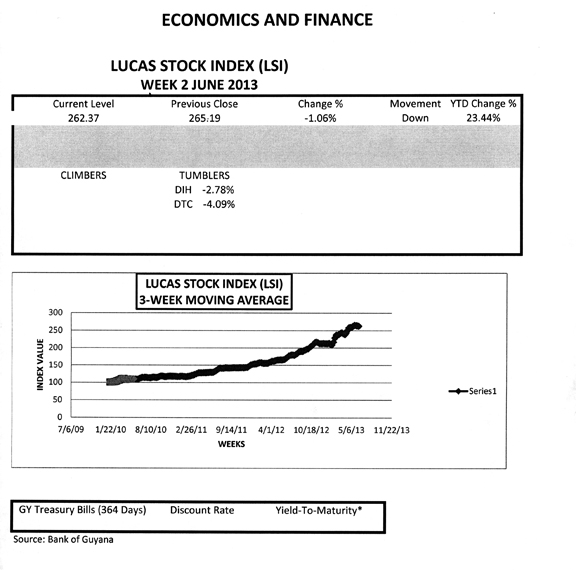By Rawle Lucas
Cannot be overturned
As noted in last week’s submission, the administration controls the entire procurement process in the public sector. Under this condition, a bidder is at the mercy of the administration. Successful bidders are usually determined by the Evaluation Committees of each ministry. However, the authorities of every ministry can overrule a decision of the Evaluation Committee that examines submitted bids for contracts. This means that a contractor who is selected by an Evaluation Committee can be rejected by the Cabinet Minister. Any decision reversed by a Cabinet Minister cannot be overturned. The noose is just as tight with respect to the review process. A study of the review process shows that the administration’s grip on the procurement review is firmer than one realizes and a bidder with a grievance stands little chance of obtaining a fair review and any relief under the current review mechanism. Even if a bidder is denied a contract for other reasons, an appeal is useless since the administration, through the Minister of Finance and the Attorney-General, picks two of the three members of the Bid Protest Committee (BPC). The third panellist has to enjoy the confidence of the Minister of Finance to become a part of the BPC. Under those circumstances, the administration remains in control and a “No Objection” role has the potential to threaten and undermine fair competition, and even legitimize discrimination.
Delivery of good services
The second reason for letting the “No Objection” role go is connected to the management of the public sector. Using the “No Objection” clause as a public financial management tool is redundant. Public financial management is concerned with finding and using the most advantageous and favourable way of raising revenues and spending the resources. An example is making the choice to raise money through taxes or borrowing. That choice could be

